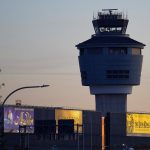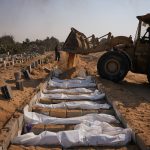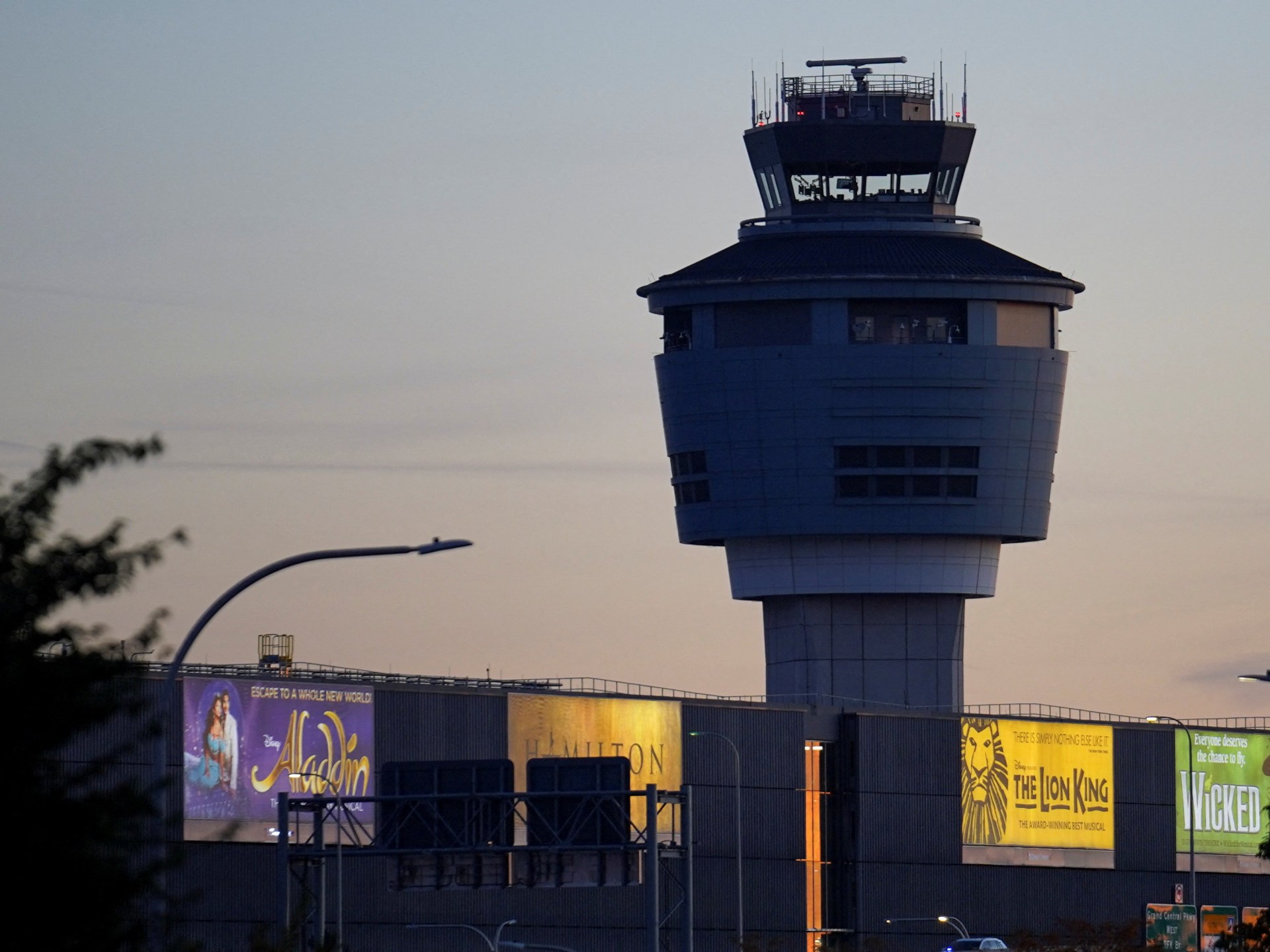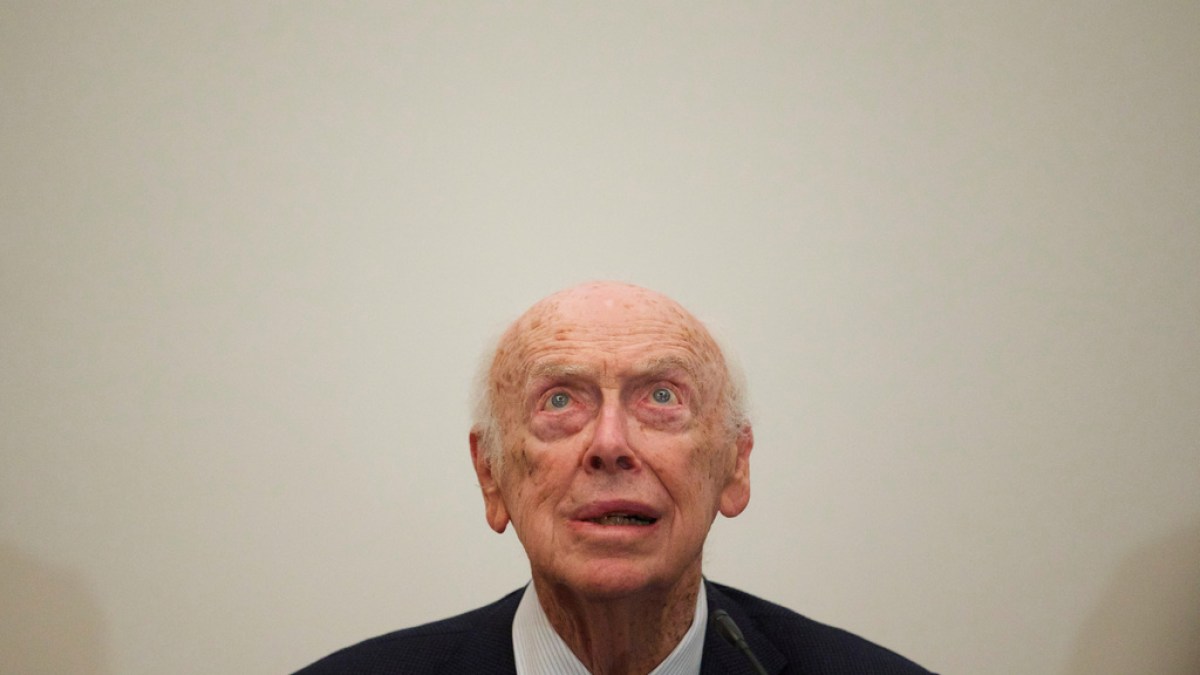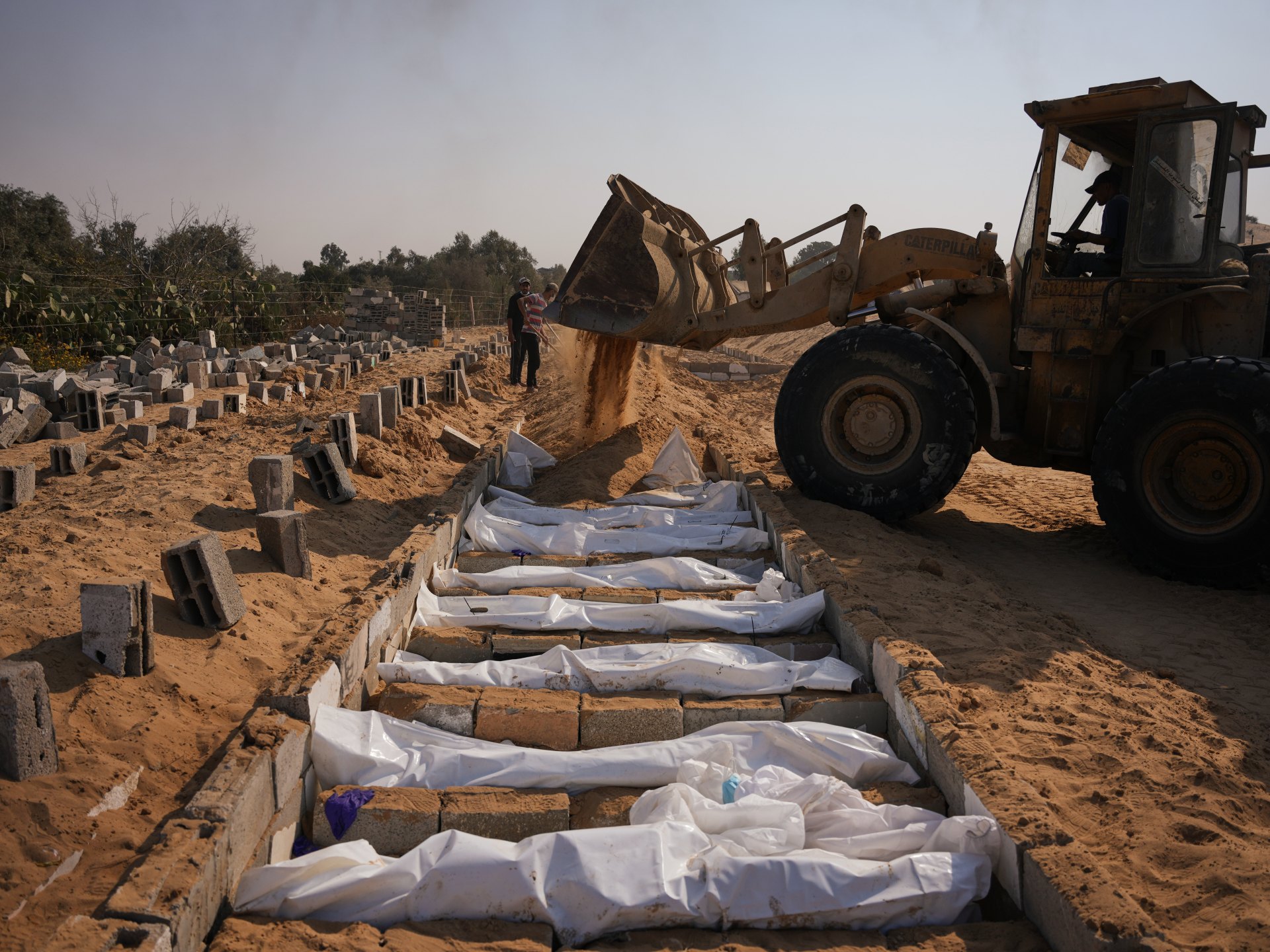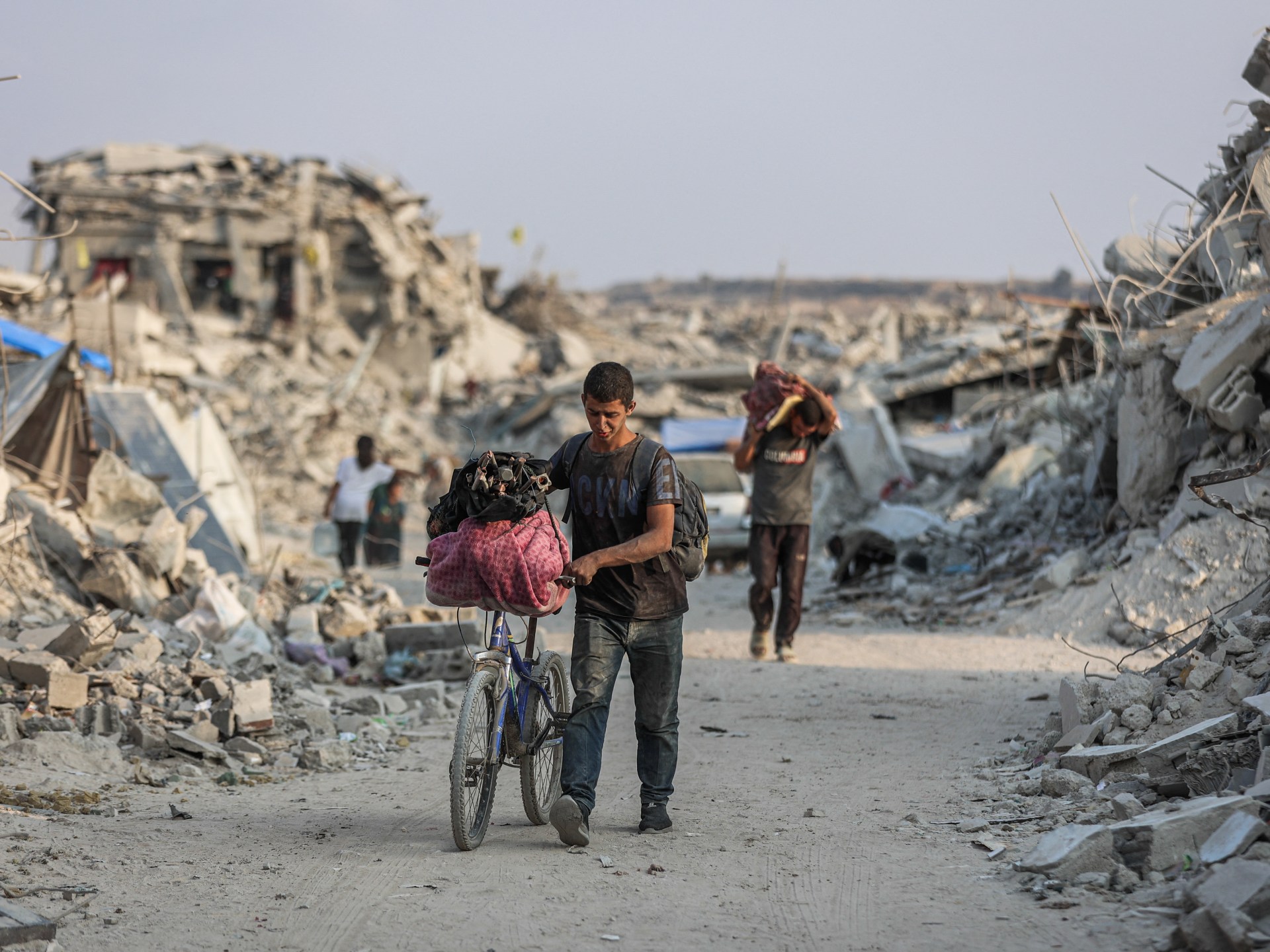The United Nations has warned of “intensified hostilities” ahead in Sudan, despite paramilitary forces endorsing a truce proposal from mediators after more than two years of war with the regular army.
UN human rights chief Volker Turk on Friday said “there is no sign of de-escalation” in the war.
Recommended Stories
list of 3 itemsend of list
“Developments on the ground indicate clear preparations for intensified hostilities, with everything that implies for its long-suffering people,” he said in a statement.
On Thursday, the paramilitary Rapid Support Forces (RSF) had responded positively to a ceasefire idea proposed by the Quad, a group comprising international mediators – the United States, Egypt, the United Arab Emirates and Saudi Arabia.
However, the government, backed by the army, has yet to respond to the proposal, and explosions rocked the army-controlled capital Khartoum on Friday.
The attacks took place early Friday, targeting Omdurman, part of the greater Khartoum area, and army-held Atbara to the north of the capital, and were intercepted by the army’s air defence systems, according to Al Jazeera’s Hiba Morgan, who was reporting from Khartoum.
The RSF has been fighting the government-aligned Sudanese Armed Forces (SAF) for more than two years of brutal civil war.
The ceasefire plan would see a three-month humanitarian pause followed by a permanent ceasefire that would ostensibly pave the way for an eventual political transition to civilian rule.
A Sudanese military official told the news agency The Associated Press on Thursday that the army welcomed the proposal, but would only agree to a truce when the RSF completely withdraws from civilian areas and gives up weapons.
Al Jazeera’s Morgan said that it seemed the army would continue fighting until the RSF met its conditions. The RSF, for its part, would also continue fighting until the army agreed to the Quad’s proposal, she said.
Khartoum has seen relative calm since the regular army regained control this year, but the RSF continues to mount attacks in several regions.
Conflict shifts east
On Thursday, the Sudan Tribune newspaper reported diplomatic claims that the US had tried to incentivise army chief General Abdel Fattah al-Burhan to agree to the truce in exchange for lifting sanctions and granting investment opportunities in the mining sector.
The RSF’s announcement that it agreed to the truce comes more than a week after the group seized el-Fasher city, which had been under siege for more than 18 months. It was also the last Sudanese military stronghold in Sudan’s western Darfur region.
That takeover was accompanied by reports of mass killings, sexual violence and looting, triggering international condemnation. There are now fears of further atrocities as the conflict shifts east towards Khartoum and the oil-rich Kordofan region.
In South Kordofan, a medical source told AFP news agency the RSF shelled a hospital in besieged Dilling on Thursday, killing five and injuring five more.
The Sudan Doctors’ Union said the attack also destroyed the facility’s radiology department. Dilling, under RSF siege since June 2023, lies about 150 kilometres (90 miles) southwest of army-controlled el-Obeid, a key crossroads linking Darfur to Khartoum.
Much of the wider Kordofan region, meanwhile, faces a worsening humanitarian crisis.
The Rome-based Integrated Food Security Phase Classification (IPC) said Dilling is now at risk of famine, while South Kordofan’s capital, Kadugli, is already facing one.
Quad member UAE is accused by the UN of supplying arms to the RSF, allegations it has vehemently denied.
Asked on Sunday about the allegations, senior UAE diplomat Anwar Gargash said that the international community made a “critical mistake” in supporting both al-Burhan and rival RSF commander General Mohamed Hamdan Dagalo, known as “Hemedti”, when they deposed a Western-backed power-sharing government in 2021.
War broke out in 2023 when tensions erupted between al-Burhan and Dagalo, killing at least 40,000 people, according to the World Health Organization. Aid groups say the true death toll could be many times higher.
The worst suffering has befallen the civilian population in what the UN has called the world’s worst humanitarian disaster.
